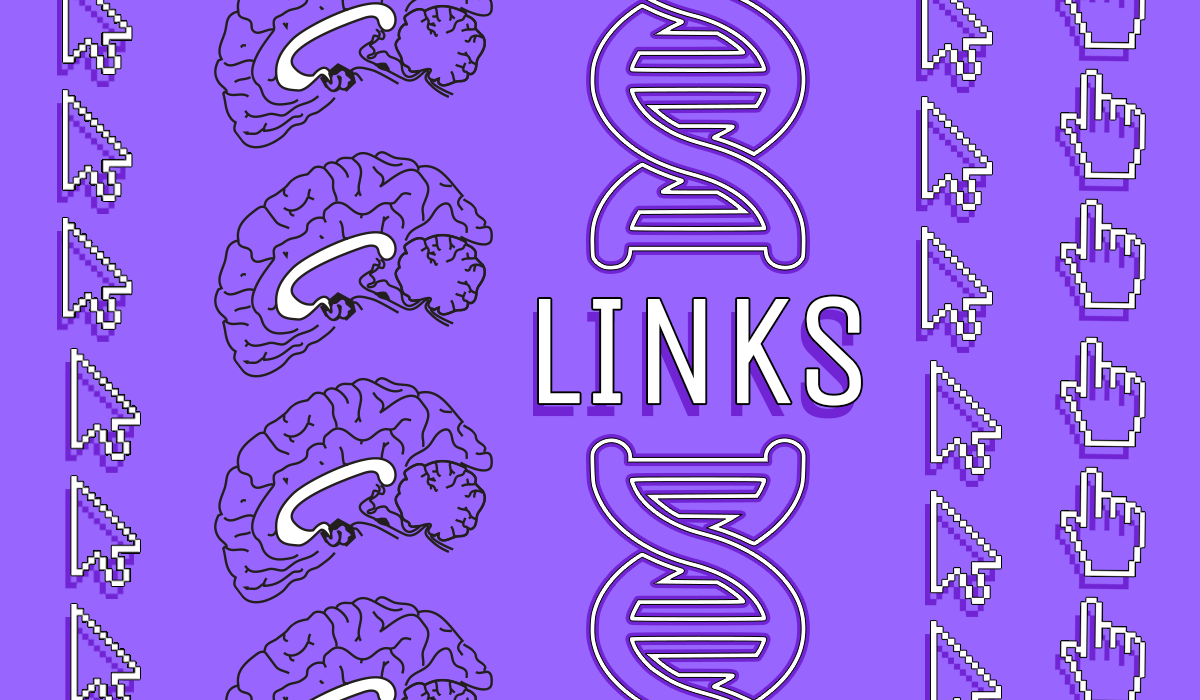LINKS - August 30th, 2023
Welcome to LINKS — my attempt to provide Rhapsody readers with five interesting stories that tell us something about what it means to be human. LINKS is published every Wednesday. Have a link you want to share? Drop it in the comments.
Revived Neanderthal and Denisovan peptides show antibiotic activity
By Fernando Gomollón-Bel, Chemistry World
“‘Molecules from the past [could] perhaps provide solutions to present-day problems,’ says César de la Fuente, from the University of Pennsylvania, US, who led the project. ‘It’s like Jurassic Park, but we just revive small molecules,’ he adds. But unlike attempts to bring back whole extinct organisms like those in Michael Crichton’s fictional dinosaur theme park, de la Fuente and his co-workers note that their strategy of reviving individual biomolecules brings fewer ethical problems and could bring important technological advantages.”
These Ancient Japanese Islanders Created a Signature Skull Shape by Molding Babies’ Heads
By Sonja Anderson, Smithsonian Magazine
“The Hirota thrived between the third and seventh centuries, says lead author Noriko Seguchi, a biological anthropologist at Kyushu University in Japan, in a statement. Archaeologists began studying Hirota skeletons in 1957, when a large burial site was discovered on Tanegashima Island in the country’s Kagoshima Prefecture. Examining the skeletons, researchers found that their skulls were both short and flat at the back, suggesting the bones had been modified.”
What’s the World’s Oldest Language?
By Lucy Tu, Scientific American
“Historians and linguists generally agree that Sumerian, Akkadian and Egyptian are the oldest languages with a clear written record. All three are extinct, meaning they are no longer used and do not have any living descendants that can carry the language to the next generation.”
How to Live a Happy Life, From a Leading Atheist
By David Marchese, The New York Times
“The emotions rule. When I wrote the book with Matthew Hurley on humor, one of the great insights that Matthew gave me was that all control in human minds is via emotion. This is an important idea. Your laptop has an operating system. It’s dictatorial in how it runs things. It’s the traffic cop. In your brain, there’s no operating system in that sense — it’s all the turmoil of emotions. Happily, we have learned how to harness those emotions. That is to say, the emotions have learned how to harness one another. [Laughs.] But that ‘self’ is at every level and all times driven by what we might call emotions and microemotions. Let’s see how I can put it: When you are choosing the words that come out of your mouth, slight subliminal differences in the emotional tone of one word over another, that’s what’s going to decide which word you use. If you’re in a pissy mood, you use one word. And if you’re in a happy mood, you use a different word. All of that is controlled by emotions."
Europe spent €600 million to recreate the human brain in a computer. How did it go?
By Miryam Naddaf, Nature
“Almost since it began, however, the HBP has drawn criticism. The project did not achieve its goal of simulating the whole human brain — an aim that many scientists regarded as far-fetched in the first place. It changed direction several times, and its scientific output became ‘fragmented and mosaic-like’, says HBP member Yves Frégnac, a cognitive scientist and director of research at the French national research agency CNRS in Paris. For him, the project has fallen short of providing a comprehensive or original understanding of the brain. ‘I don’t see the brain; I see bits of the brain,’ says Frégnac.”
Bonus LINK: Today is the birthday of the great and wonderful Mary Shelley, providing a good opportunity to revisit one the essays I’m most proud of.




